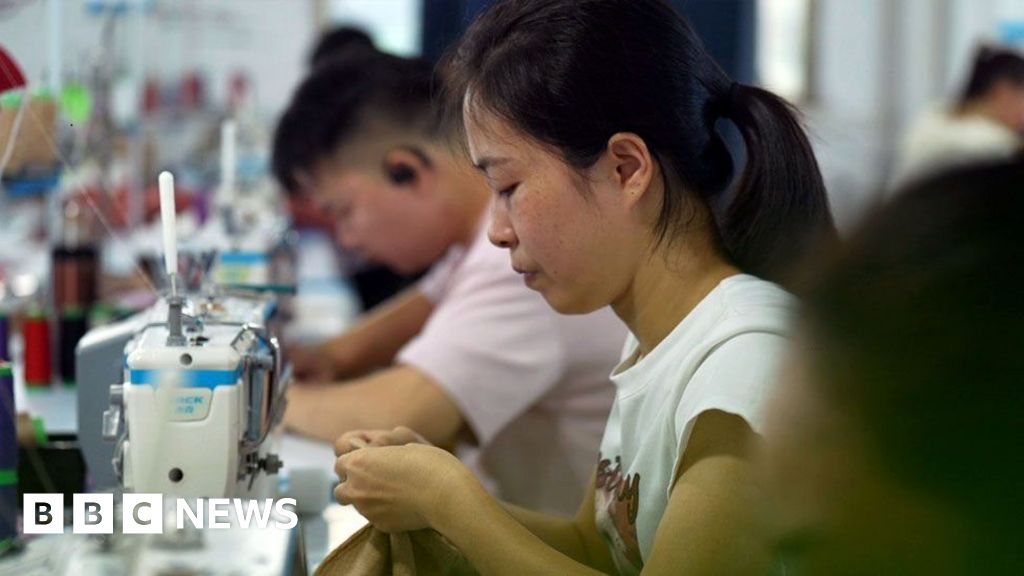Summary
Shein’s rise as the world’s largest fast-fashion retailer is powered by 5,000 factories in Guangzhou’s “Shein village,” where workers often exceed 75-hour weeks, violating Chinese labor laws.
Paid per piece, wages remain low despite long hours, with some earning as little as £10 per day.
Allegations of forced labor and child workers persist, alongside concerns over its use of Xinjiang cotton.
Shein, valued at $66bn, plans a London IPO, prompting promises of better governance.
All the retailers use these same factories. Shein just skips the middleman making the fat margin.
Instead of blaming the consumer, blame the retailers and middleman who made this level of quality and working conditions the standard over the last few decades.
Shein reveals child labour cases at suppliers
And that’s the ones they “found” I’m sure there are significant human rights violations going on
And either way, it’s a gross company supporting unsustainable practices.
Obviously the people running the sweatshops are most at fault but let’s still encourage people to avoid buying these types of products. When I hear people say the consumer’s the least to blame, it sounds like the average person doesn’t have to play a role in doing what’s right too
When all other options are removed by market forces, the consumer role is diminished.
We used to have lots of choices for quality clothing at multiple retailers. I have shirts I inherited that are 30 years old that are in better condition than ones I bought last year.
The the retailers decided they wanted to make more margin by reducing the quality of the product, while keeping the price the same. They then pushed their suppliers to provide cheaper and cheaper products. At that point, when price is the driving factor, the quality manufactorers are outcompeted by the sweatshops.
The retailers and major clothing brands made those decisions by removing the quality products.
This corporate obsession with profit over all other concerns creates those toxic work environments.
Removed by mod
Both are wrong, one enables the demand, the other enables the supply.
The consumer is the least at fault, but keeps getting blamed to divert from the role of middlemen, who silently go unnoticed.
Removed by mod
Couldn’t China do something about it? They do have a powerful enforcement agency, and it seems odd to be that the CCP is all for the child labor.
Or are these children some lower caste in China? Or do the Chinese really just care so little about eachother?
Removed by mod
Most of the workers are “migrants” from other parts of China and aren’t registered at Guangzhou so the authorities don’t know about them. It’s a lot like the “illegal” immigrants we have here in the u.s. , everything is done off the books and if the worker reports mistreatment there liable to be sent back. Even if some authorities come in for inspection then the workers are incentivized to hide from them or lie to keep there jobs.
Both the u.s. and China could be doing better to stop the exploitation but it’s fundamentally a cat and mouse game that becomes even harder if your dealing with scales of millions, or in the case China 10s or 100s of millions of people.
The only way to actually stop it would be to give the workers legal resident status so they can report to the authorities without fear of having to leave but neither seems willing to do it for political and economic reasons.
Removed by mod
Sweatshops have been a problem for decades and now when a chinese retailer has started undercutting western brands we’re supposed to be outraged? Fuck outta here.
Why are you downvoting this guy? He’s very much correct.



